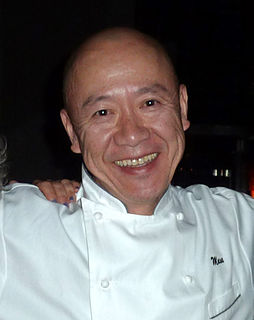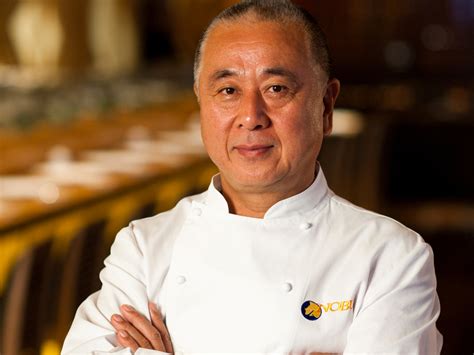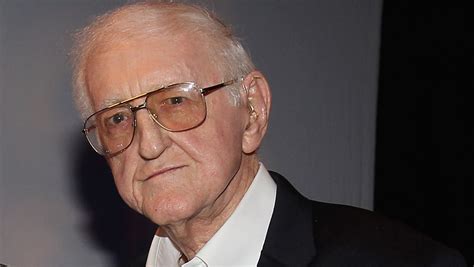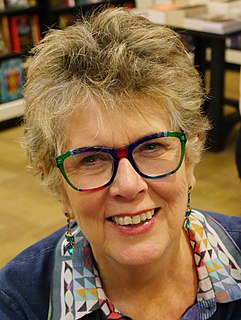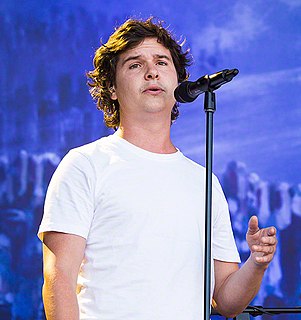A Quote by Masa Takayama
Today, in the newspapers and magazines, the first sentence is, my restaurant is expensive.
Quote Topics
Related Quotes
When I started graduate school we did this publishing class where we learned about submitting and read interviews with editors from different magazines. A lot of them said they got so many submissions that unless the first page stuck out or the first paragraph or even the first sentence they'll probably send it back. So part of my idea was that if I have a really good first sentence maybe they'll read on a bit further. At least half, maybe more of the stories in Knockemstiff started with the first sentence; I got it down then went from there.
When I was 11 or 12 - a young boy in Japan - one of my older brothers took me to a sushi restaurant. I had never been to one, and it was very memorable. Back then, sushi was expensive and hard to come by, not like today, when there's a sushi restaurant on every street corner and you can buy it in supermarkets.
The first sentence of the truth is always the hardest. Each of us had a first sentence, and most of us found the strength to say it out loud to someone who deserved to hear it. What we hoped, and what we found, was that the second sentence of the truth is always easier than the first, and the third sentence is even easier than that. Suddenly you are speaking the truth in paragraphs, in pages. The fear, the nervousness, is still there, but it is joined by a new confidence. All along, you've used the first sentence as a lock. But now you find that it's the key.
